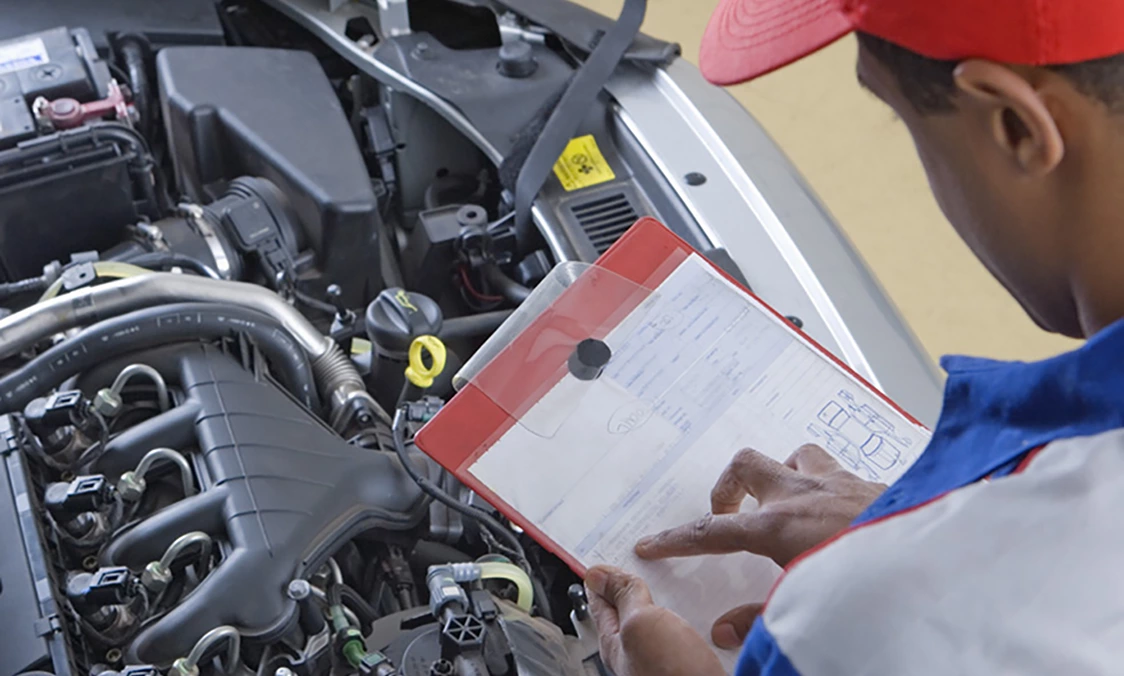Why You Have an O2 Sensor (Oxygen Sensor)
August 1, 2021
If someone asked you what gas made up the largest portion of the atmosphere, what would you guess? Well, it's not oxygen; it only makes up 20.9 percent. But since we're talking about oxygen, you should know that your vehicle uses oxygen sensors to make sure your engine is running the way it should.
The oxygen sensors measure how much oxygen is in your exhaust. If there's too much, it means there's a problem with the mixture of fuel and air. The sensor sends signals to computers in your engine and adjusts the mixture so it maximizes performance and efficiency. It does this constantly.
Many vehicles have multiple oxygen sensors. Some have one close to the engine, another close to the muffler. Two measurements are better than one since they allow readings to be more accurate. You may have a vehicle with a dual exhaust, so you'd have twice as many oxygen sensors.
Your oxygen sensors can fail. One thing that can damage them is contamination from bad fuel. The sensors can simply wear out, though they usually last a long time. It's not unusual for an oxygen sensor to last 100,000 miles/160,000 km. One more thing that can cause an oxygen sensor to fail is residue from an engine that's burning oil. Plus contaminants from the road like salt can also cause problems.
Here are some signs that your oxygen sensors might be failing.
- The Check Engine light goes on. In this case, your service facility can plug in a device that will read the code in your engine's computer to see if that's the problem.
- The engine is running roughly.
- Black, sooty smoke is coming out of your tailpipe.
- Your fuel economy is noticeably lower than it used to be.
Head to your service facility and tell your advisor what symptoms your vehicle is experiencing. They have the equipment and training to track down the issue. Note that simply replacing the oxygen sensor is often not enough since it doesn't get to the root of the problem; other repairs may be needed.
So make sure your oxygen sensors are working the way they should be. Oh, and back to the question of what gas makes up most of the Earth's air? It's nitrogen, which comprises 78 percent of the air we—and our engines—breathe.
Auto Lab Troy
2790 West Maple Rd.
Troy, Michigan 48084
(248) 643-7690
Need Service?
More articles from Auto Lab Troy

Don?t Be Hosed (Radiator Hose Replacement)
January 18, 2026
If you are like most drivers, you dont worry too much about what shape your radiator hoses are in. But they are a vital part of your coolant system, helping carry engine coolant from the hot engine to where it is cooled off in the radiator. When the cooling system has a problem, you will likel... More

Smooth Operator (Shock Absorbers)
January 11, 2026
When you are comfortably headed down the road, you may not realize how many of the imperfections in the driving surface are being smoothed out, so you hardly feel most of them. You can thank your shock absorbers for a lot of that comfort, and its important to make sure you keep your shocks in go... More

What?s That Yellow Squiggly Line Anyway? (What Warning Lights Mean)
January 4, 2026
You may have noticed when you start your vehicle, youll see several symbols light up on the dash. Theyre different colors and shapes, and sometimes its hard to figure out what each of those symbols mean. They are warning lights and symbolize something in your vehicle is sending you a message. I... More










